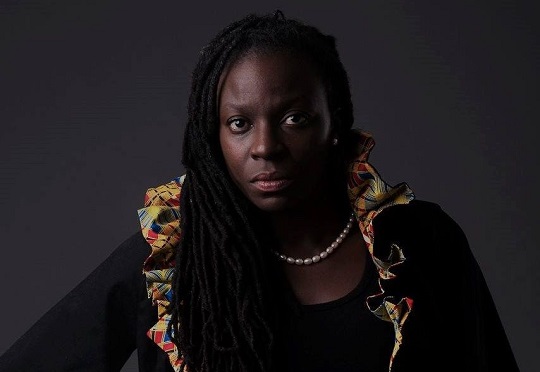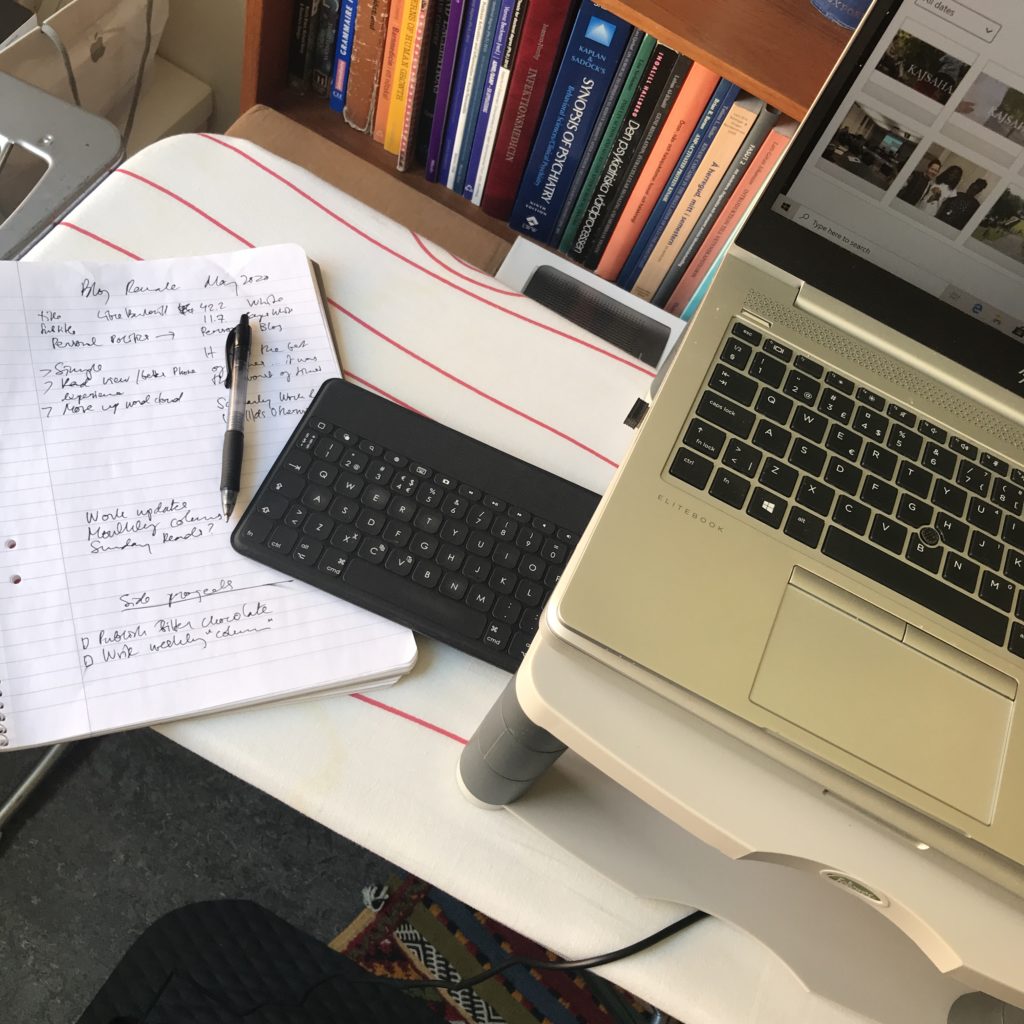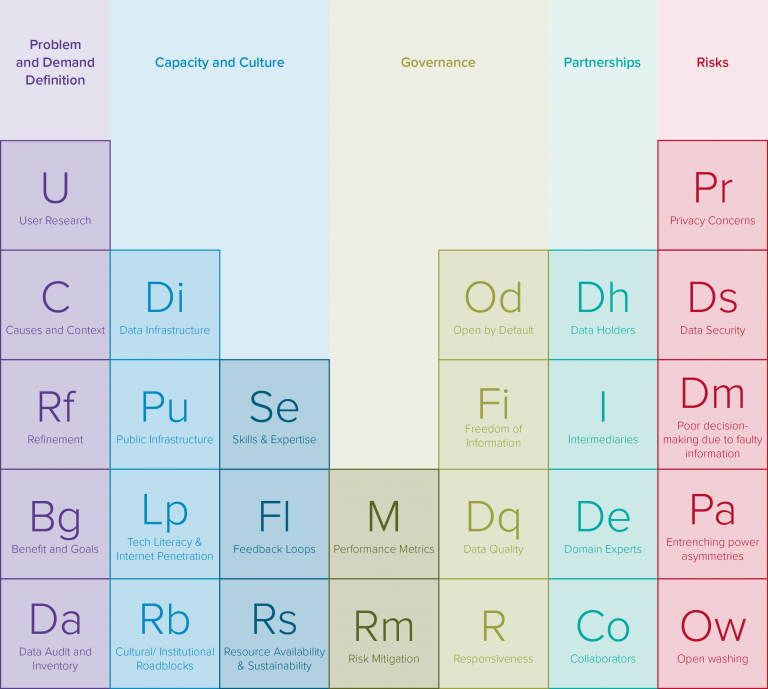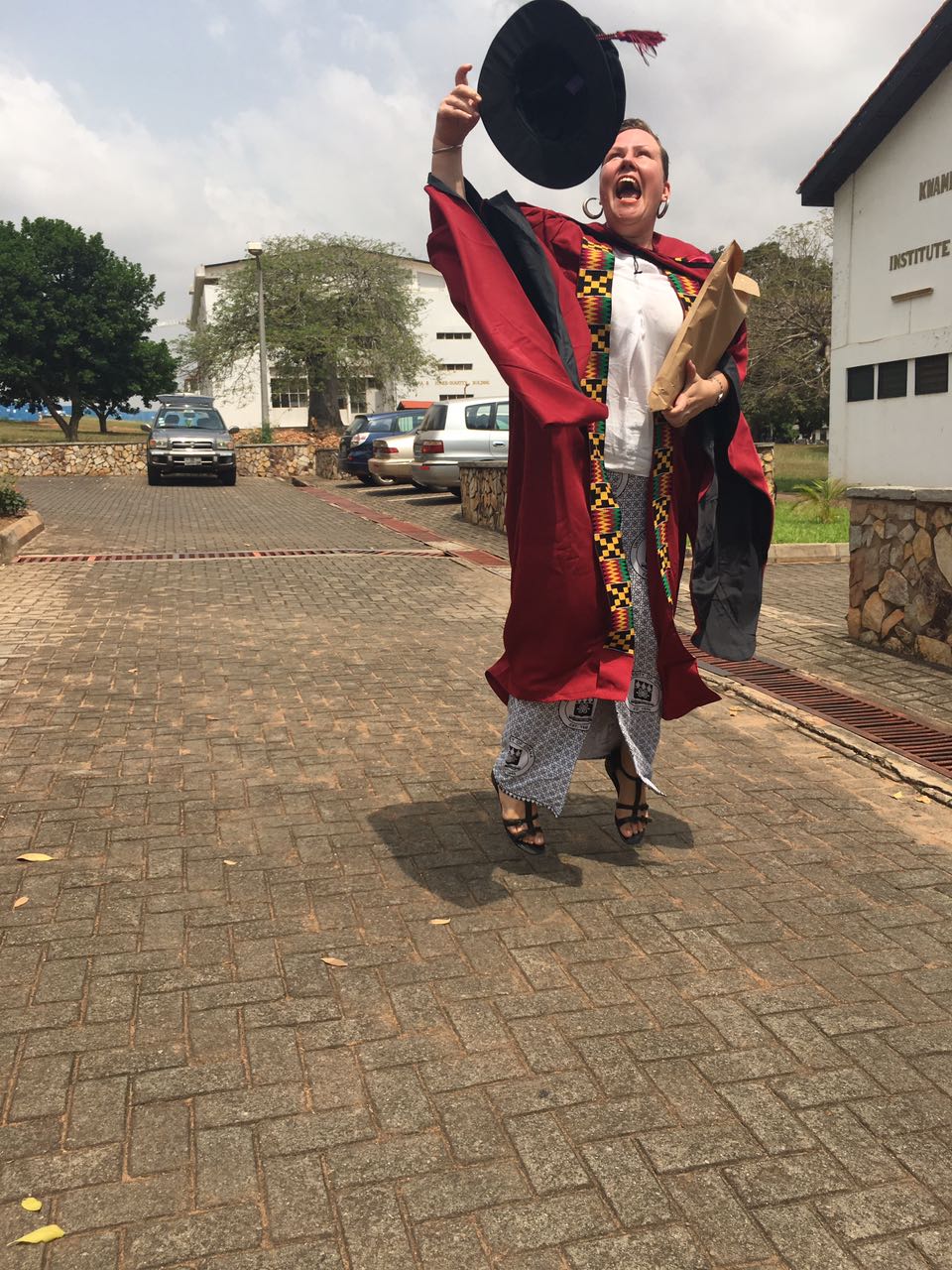
Recently, I attended a webinar on the state of open access in Africa where I had a particular use of every presentation, focusing on support for early-career researchers like myself. See my notes with links below. The program was organized by the Training Center in Communication and led by its founding director Joy Owango. After the webinar, I made an interview with Joy Owango and will share some of the highlights of out 45-minute call, but I have cut out our children in both Kenya and Sweden joining us!
- What is Training Centre in Communication, (TCC Africa )?
We are a center that supports researchers’ in increasing their research output through training in scholarly and science communication. In addition to this we host monthly thought leadership webinars on capacity building for early career researchers with a focus on open science.
In the beginning, the focus of the center was supporting researchers communicating among themselves, particularly how to write academic papers that could be understood at multidisciplinary levels. Within five years, we broadened the scope and started supporting researchers on how to communicate with non-scientists, even as we are going through this process, I increasingly noted the challenges early career researchers faced in the process of academic publishing.
Before we start crucifying researchers about not being able to write, we need to ask, how are they getting resources for their research discovery? Just by answering this question, our model transformed, which, included providing open access discovery solutions to support their research lifecycle. We do not just offer training, but also advisory services, where we guide institutions on how to set up research and grant offices and also guide governments on ways they can improve on monitoring their research output especially with the support of open data. Before the COVID19 Pandemic hit Africa, we were in Malawi and guided the Government of Malawi through the National Commission of Science and Technology on how they can use Scientometrics and open access data in monitoring research output from the country.
2. What is your funding model?
We are a not for profit organization with a self-sustainable business model, where we charge for our services, and as a result, funding is one of the revenue streams.
3. Do you apply for grants?
Yes, we compete for grants as well, however, it is not our main revenue stream, as it comes with the objectives of the donor and rarely in line with our objectives as such we work with donors who support early career researchers regardless of research background in improving their research output. As a result of this, the donors we have chosen to work with support multidisciplinary research backgrounds and are not restricted to the research interest areas of the African continent (namely research in, health, agriculture, and climate change). This decision was deliberate and 15 years later, we have survived and are self-sustainable. We have seen programs similar to ours come and go as they are 100% reliant on funding and we did not want that as we wanted a more sustainable approach to supporting early career researchers in improving their research output through training.
4. What do you see as the most important issues for higher education on the continent?
Open Science. In its totality from data, infrastructure to academic publishing. Open science is the glue that holds together good quality scientific output from research discovery, academic publishing to dissemination. When a researcher is unable to complete his research due to paywalls, you understand their academic fatigue. Taking a postgraduate course is not easy and limited access to resources to conduct your research can be very frustrating. It was because of the frustrations and academic fatigue I noted in researchers we trained that we thought of getting research industry partners, who supported open science. So when we tell researchers, “you need to be involved in the process of scholarly communication”, it is really the whole research life cycle, from research idea, writing the paper, and the whole process behind it, that helps you write that paper!
5. You founded TCC already in 2006, what is your own journey to where you are now?
From experience, I remember in the early 2000s’ I was studying for a postgraduate certificate in Mass communication research and the only library in Nairobi that had the latest resources in my research area was at the International Livestock Research Institute (ILRI). For five days I sat in that library until 8 pm when they shut down, I would sit outside until midnight as I needed access to the library Wi-Fi and the resources. Fortunately, ILRI is within a campus full of early career researchers, so no one bothered me. This was a typical scenario that early career researchers may face in pursuit of resources for their research discovery process.
If your own university does not have subscriptions to the journals you need, as a student, you are stranded. Even then, I did not understand how bad it was until I got to work with Clarivate Analytics, then Thomson Reuters, and I was like “hold on! this is what I have been asking for… Access to data. But all the good data is behind a paywall!”
When we are talking about open access it is not just journals, it is the whole system! It’s not just “Oh, I want the full-text journal!”, no, it is the research discovery system that needs to be open. I understand there is a business model to it, but it needs to be open because a majority of self-sponsored researchers who may not have adequate support systems fall through the cracks and are unable to complete their education due to lack of resources. In essence, open science democratizes education.
You can watch the Webinar which was broadcast live on Facebook here.
Joy Owango, TCC
Plan S, an initiative for making open science a reality
Dimensions.ai open access publication data
Elizabeth Merincola, African Academy of Science Open Science
No charge, funded by grants directly.
Main point: The impact factor is not a valid quality measure!
Osman Aldirdiri, AfricArxiv
This is a preprint platform, so no peer-review, no charge!
Sherpa /Romeo, data on journals!
Preprint, Postprint, Open access journal, Predatory Publishing
Matt Hodgekinson, Hindawi
Open access journals since 2007 (220 peer-reviewed journals)
Better access to research for researchers in resources limited situations
Article processing charge (APC), payment when published (Waivers for Africa based researchers and others)
Other models: Open Library of Humanities , CIELO
***
My own reflections from the seminar are that sitting in the middle of the information age exploding, it is easy to just get tired and not research well where you “host” your research, however, it is as important as ever. All the links I shared above are mindblowing in their own way, it is actually as exciting as it is tiring! But you need to understand how to make your research visible and readable to the constituencies you write for! As Joy shared, open access publications in the last two years are many (44%) and growing fast from Africa, however not all fields are well-represented.
The movement toward open science is in a way a “going back” to the foundations of science – sharing progress for the common good – and public and private funders are now going back to this ideal. As a researcher believing in the public good of science, I believe all of us have a responsibility to publish our data and findings open access.







